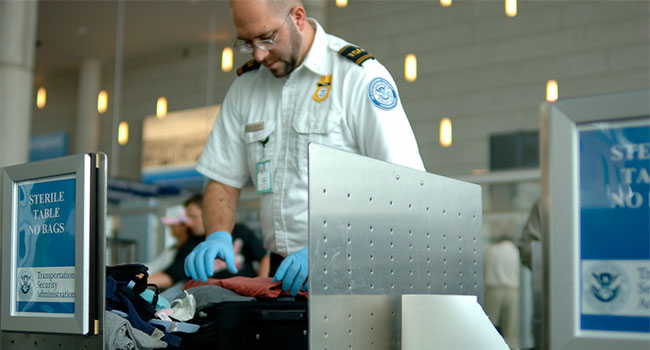
Airports, Ports of Entry on High Alert After Iranian Missile Attack on U.S. Troops
Airlines are also suspending flights to and from Iraq, Iran and other countries due to threats of missile attacks, one of which is suspected to have downed a Ukrainian passenger plane.
- By Haley Samsel
- Jan 10, 2020
Major airports across the country are on heightened alert following Iran’s missile attack on bases that contain American troops in Iraq on Wednesday.
Ports of entry were already on a higher alert following the continuing fallout from the killing of the Iranian military leader Qasem Suleimani last week. The strikes are unlikely to change security levels, according to Gil Kerlikowske, who oversaw Customs and Border Protection for three years in the Obama administration.
“CBP will continue to be on this heightened sense of awareness, so I don’t see a significant change in posture,” Kerlikowske told USA TODAY. “I think that CBP will just remain in that heightened alert.”
The Department of Homeland Security published a National Terrorism Advisory System bulletin on Saturday, stating that while there was no indication of a “specific, credible threat” to the U.S., an attack could come with little to no warning.
On Tuesday, the Federal Aviation Administration said it had notified American-based air carriers that they should suspend any operations that would involve flying over Iran, Iraq, the Persian Gulf and the Gulf of Oman. The announcement came a day before a Ukrainian plane carrying 176 people crashed in Iran, which officials suspect was struck by a missile.
“The FAA will continue closely monitoring events in the Middle East,” the FAA said in a statement. “We continue coordinating with our national security partners and sharing information with U.S. air carriers and foreign civil aviation authorities.”
American Airlines and Delta Air Lines said none of its operations were affected by the order. But other airlines said they have had to suspend flights over the countries indefinitely and adjust routes for flights from Europe. Those airlines include Singapore Airlines, Air France and Qantas Airways. But Qatar Airways said it would continue its flights to Iraq as normal.
Airport officials maintain that their security practices will remain high regardless of the current threat landscape.
“Passengers are always subject to random screening anywhere on airport grounds," Julie Rodriguez, deputy aviation director for the Phoenix Aviation Department, told USA TODAY. "We employ multiple layers of security throughout our airport system and work closely with the TSA (Transportation Security Administration) and our law enforcement partners."
About the Author
Haley Samsel is an Associate Content Editor for the Infrastructure Solutions Group at 1105 Media.